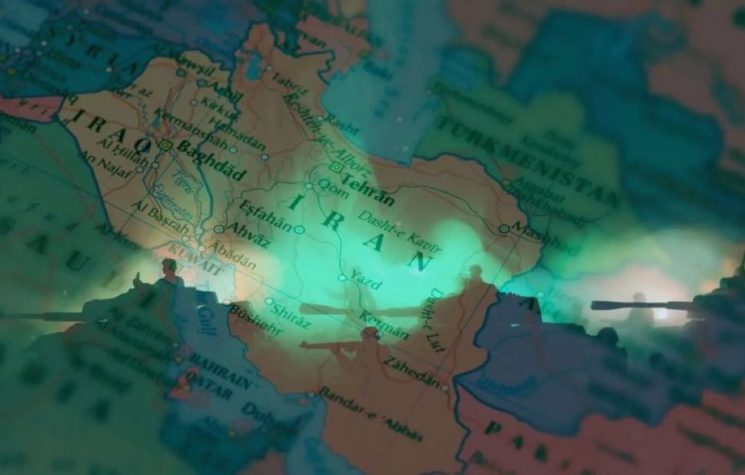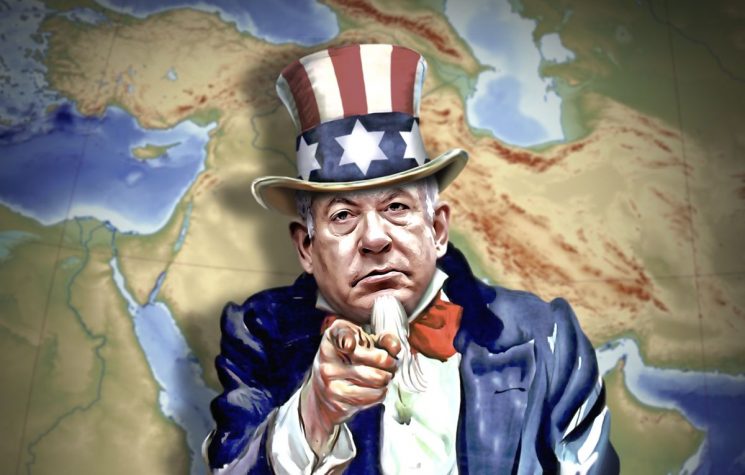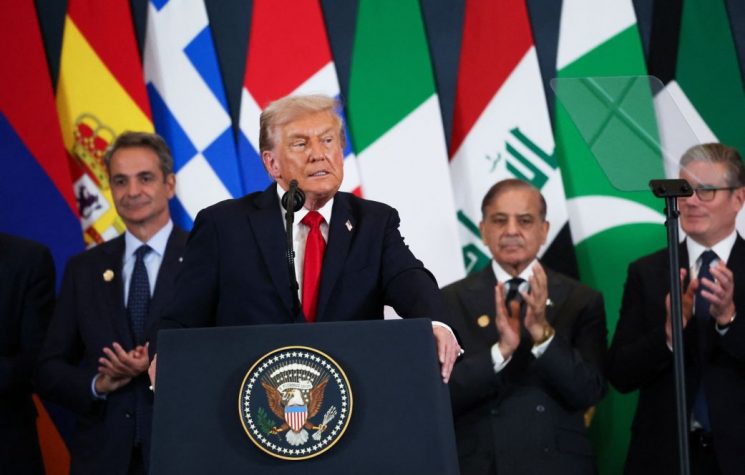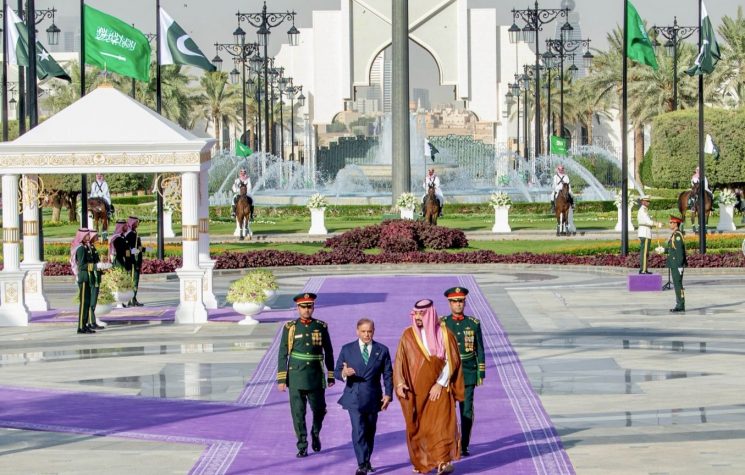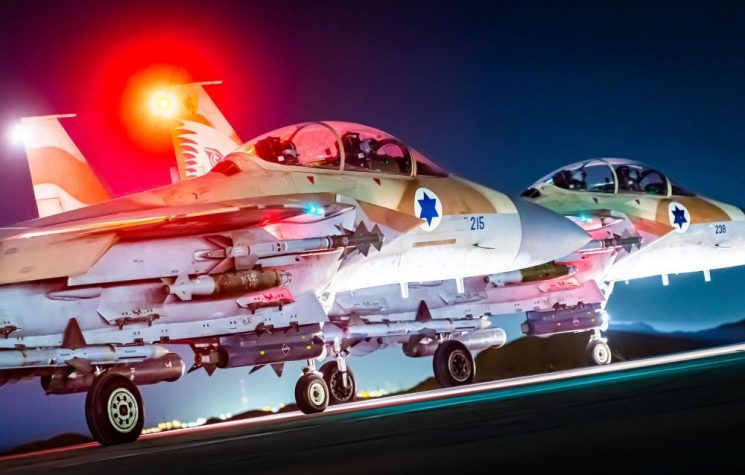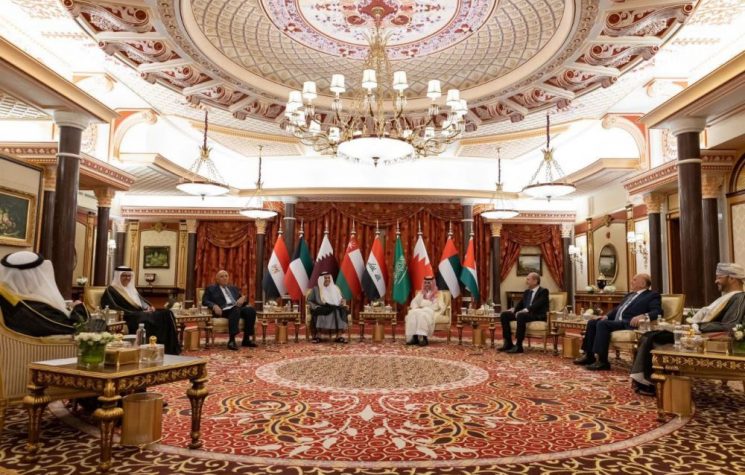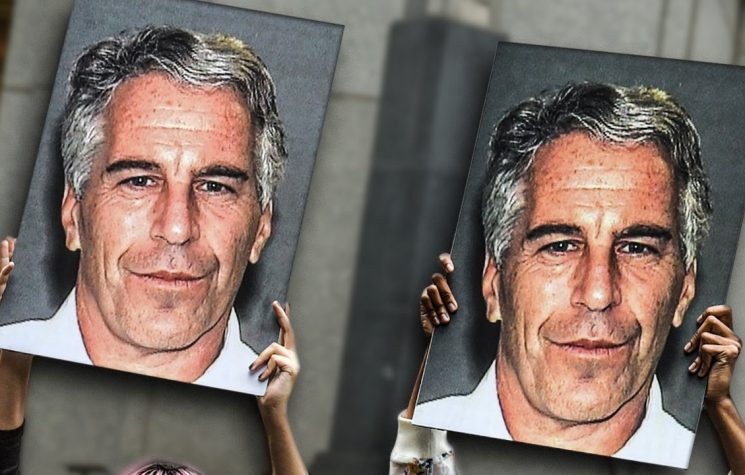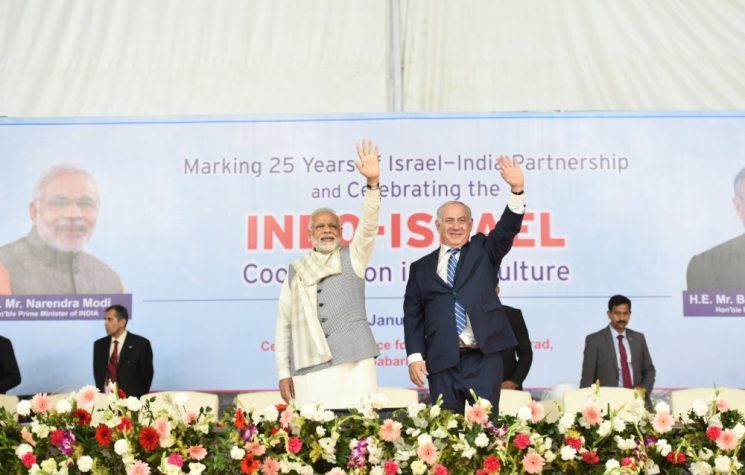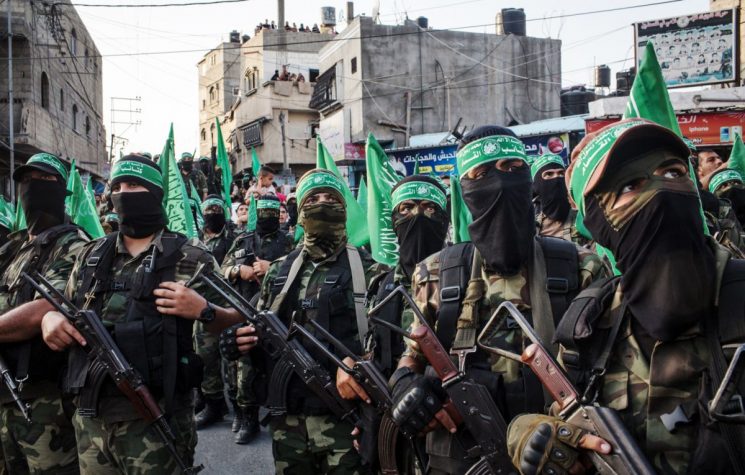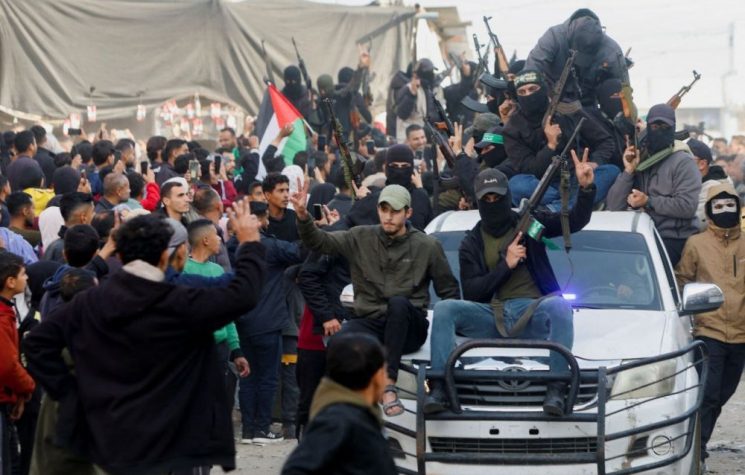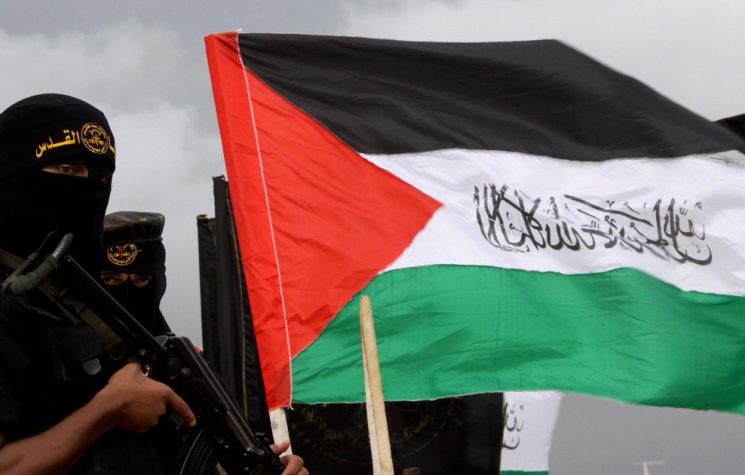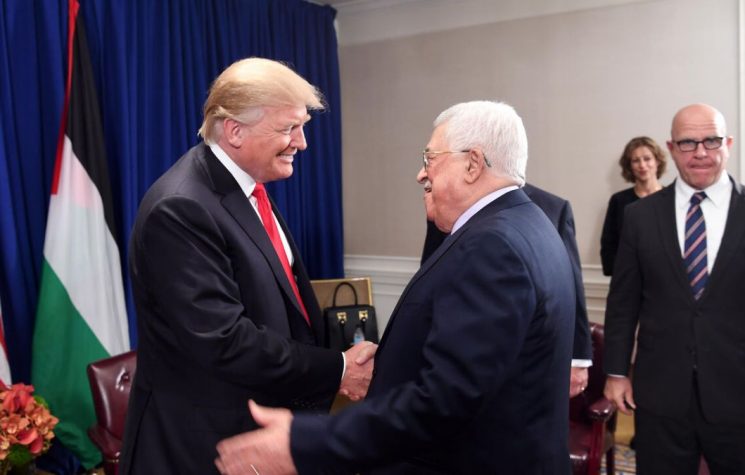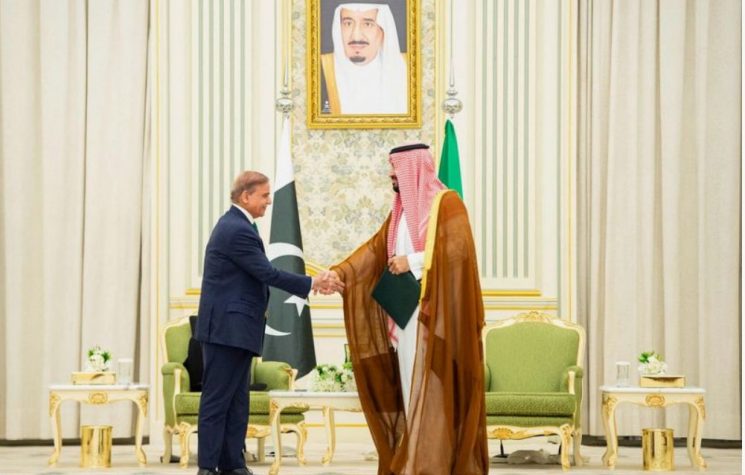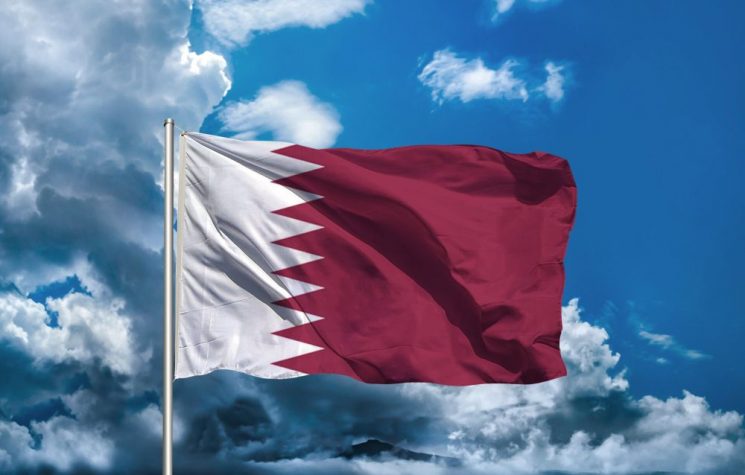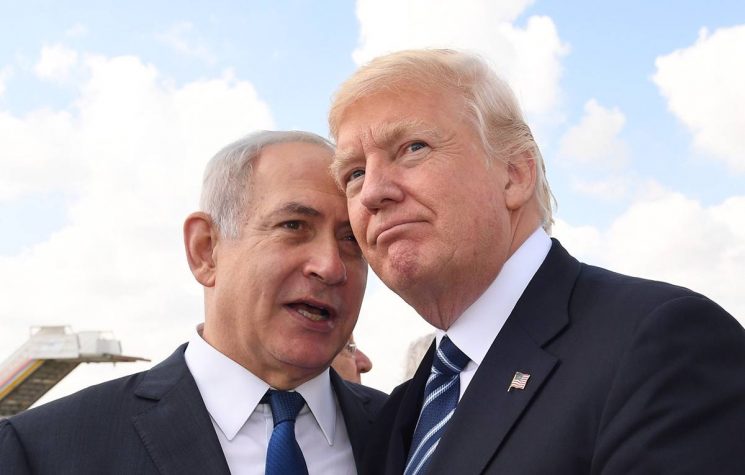A U.S. ally, supposedly operating under its own steam, bombed the most important U.S. ally in the region.
Join us on Telegram![]() , Twitter
, Twitter![]() , and VK
, and VK![]() .
.
Contact us: info@strategic-culture.su
What just happened in Qatar, a country in the Middle East so tiny that even Arabs sometimes struggle to find it on a map of the region? A U.S. ally, supposedly operating under its own steam, bombed the most important U.S. ally in the region. This completely unprecedented move, although shocking, confirms to the world the unthinkable, but something which has been staring us in the face at least since the beginning of Trump’s second term: Israel is in charge of U.S. foreign policy in the region and will what whatever it deems fit to serve its own exclusive hegemonic goals, funded by the U.S. taxpayer.
This brazen move by Israel raises the stakes in the region even more, which certainly is worrying Arab leaders many of whom will look to Trump in despair. There are no limits to what Israel can do and all Trump will do is continue his despondent should shrug response, pretending that he was only informed at the last moment. Is this even true? Can we believe that Israel can bomb Qatar, killing local civilians, without the approval of the U.S.? This is the question that GCC leaders are asking themselves, as many are disturbed by either scenario – he was part of the plan, or, worse, he was merely a spectator – as it troubles them that Israel’s new lease of life as it expands is so detrimental to those Arab countries’ existentialism. What can Israel do when it has no red lines itself, like an out of control vehicle speeding along a highway seemingly without a driver? Can it bomb Saudi Arabia during its annual religious pilgrimage? Can it bomb tourists in Morocco during the World Cup?
The bombing of Qatar has wrecked two important myths, which until now were critical for peace in the region. One, that the U.S. always had the back of Arab states when Israel lost its cool. And two, that Qatar, which until now has been an important regional broker for Washington with regards to conflict, can no longer keep its own opaque identity. What Trump has not factored by allowing Israel to go ahead with its careless attack is that internal politics is hugely important to regional elites. Such leaders fear that if Israel bombs them, that they will not survive and that a new Arab Spring will emerge on the back of Israel’s panic attacks. Until now, Arab leaders have been disappointed in Washington’s refusal to support them and keep them in power no matter what, through the support of U.S. forces. Those days are long gone since the Arab Springs of 2011 showed the monarchs in GCC countries how the U.S. was merely a bystander to the show. This sparked a number of them to diversify their military spending, looking to Russia and China.
But now it has emerged that the relationship is so fragile that they can’t even look to the U.S. to protect them from Israel’s madness. The parent is refusing to reply or respond to the letter from the headmaster stating “your child came to school today with a loaded firearm”.
In many ways, the Qatar bombing actually blew apart another myth, which is that the U.S. is even a reluctant foster parent of the Middle East and its stability, let alone those leaders themselves.
The statement from the White House made it clear how far the Trump administration is prepared to be owned by Israel referring to Qatar as “a Sovereign Nation and close Ally of the United States that is working very hard and bravely taking risks with us to broker Peace,” while stating that the bombing was “unilateral.”
But here comes the kicker. “However, eliminating Hamas, who have profited off the misery of those living in Gaza, is a worthy goal.”
The statement could have been written by Zionists working in the White House instructed by Netanyahu’s media team. It probably was.
Yet the message is clear to Arab leaders. There are no terms or conditions which protect you against Israel bombing you, under the guise of “a worthy cause”. Hamas have already said they will leave Qatar but relations between Doha and Washington have reached a new low, given that the elite in Qatar showered Trump with cash and a 400m USD plane and all they got as a thank you was this coded message which to the people of Qatar reads “you’re not really worth anything in the bigger picture”.
The next few days will be interesting as to see how or if Trump attempts to patch up relations with Doha and how also the UAE and KSA will respond. In one sense, it will come as some relief to these two GCC giants that the special relationship Washington has had with Qatar for so long is over; and yet equally they will be troubled by both the weakness of Trump and the unbelievable recklessness of Israel to further its causes. They will be wondering when it will be their turn.














